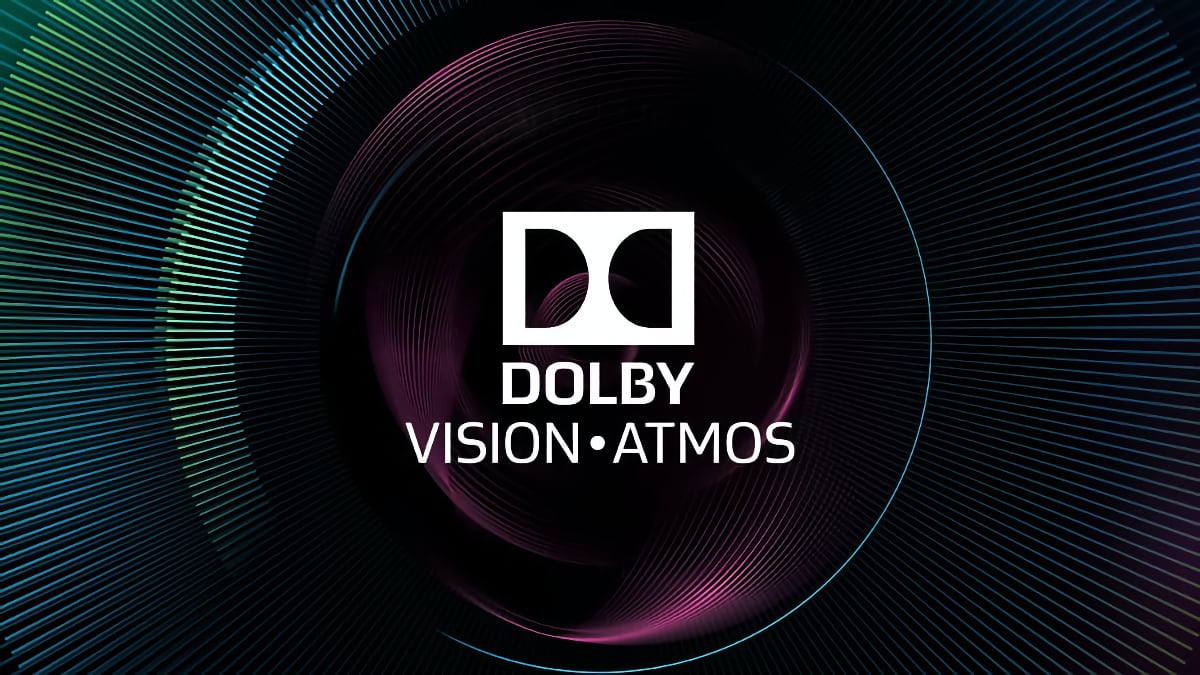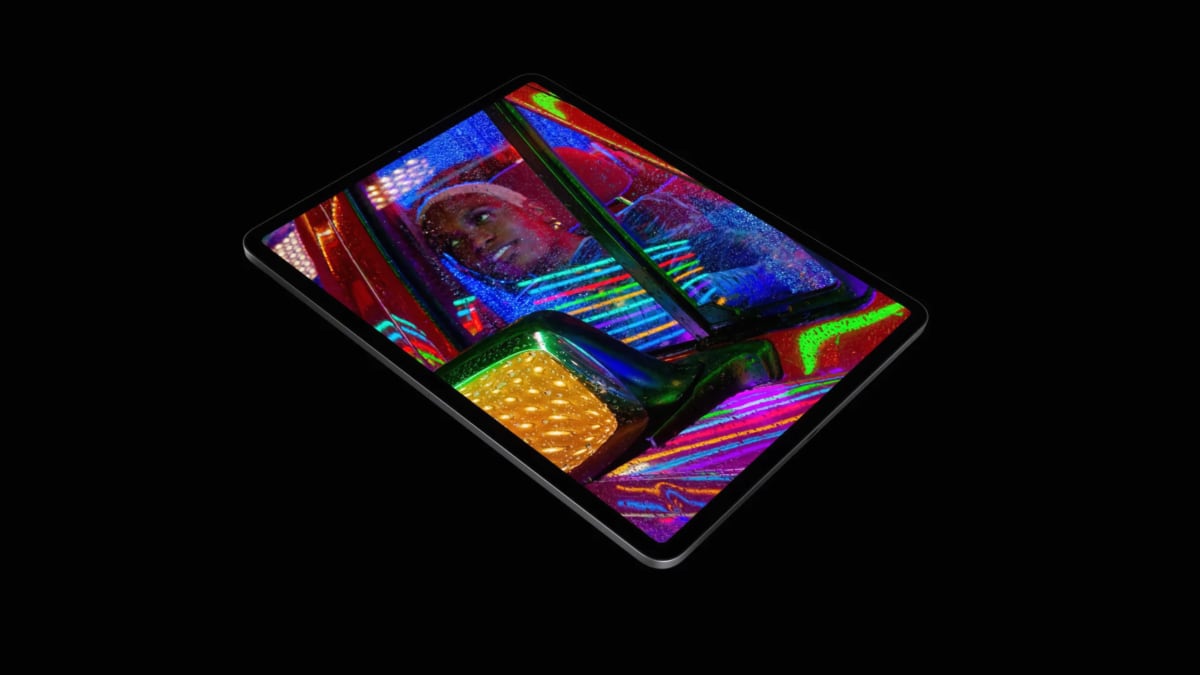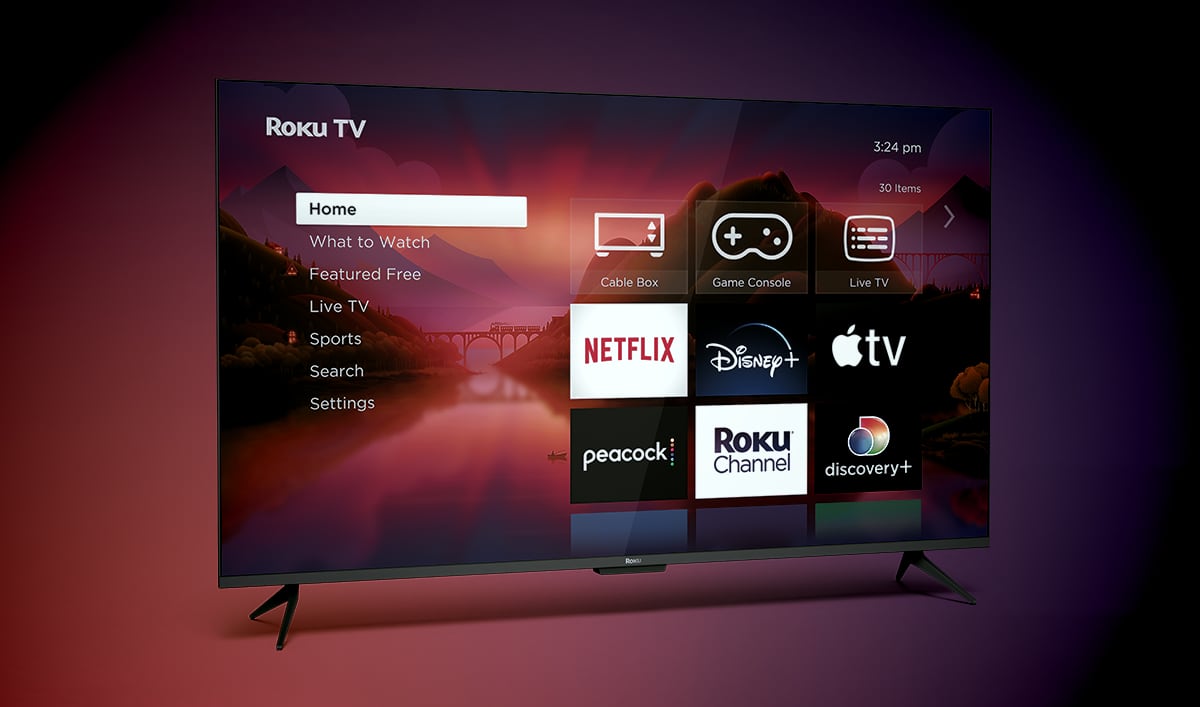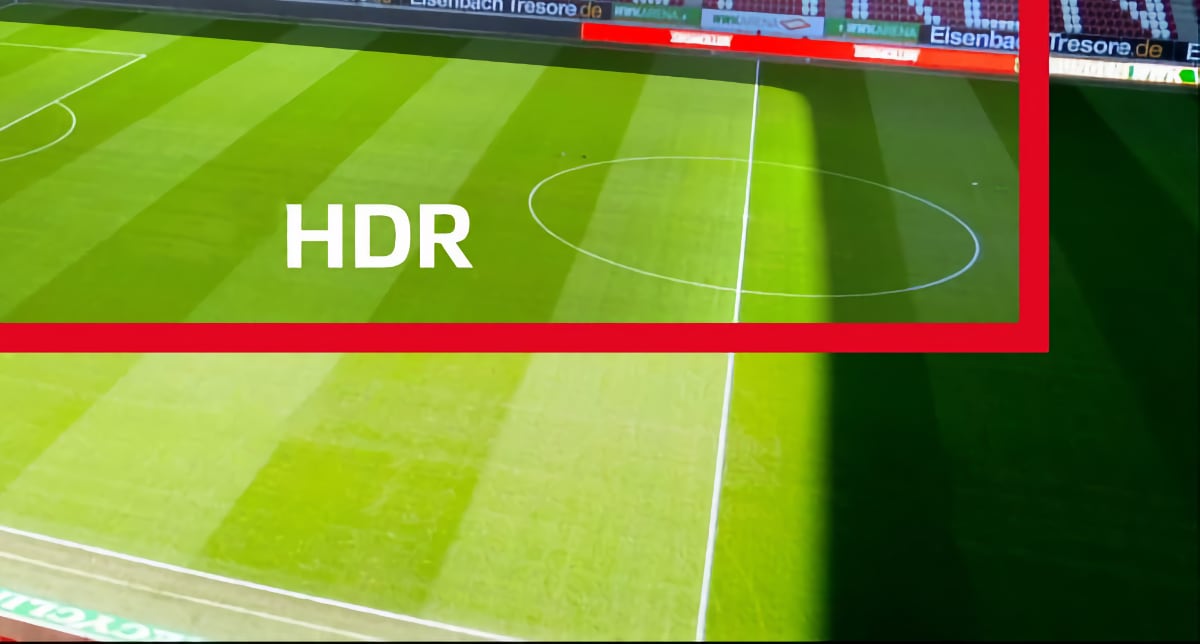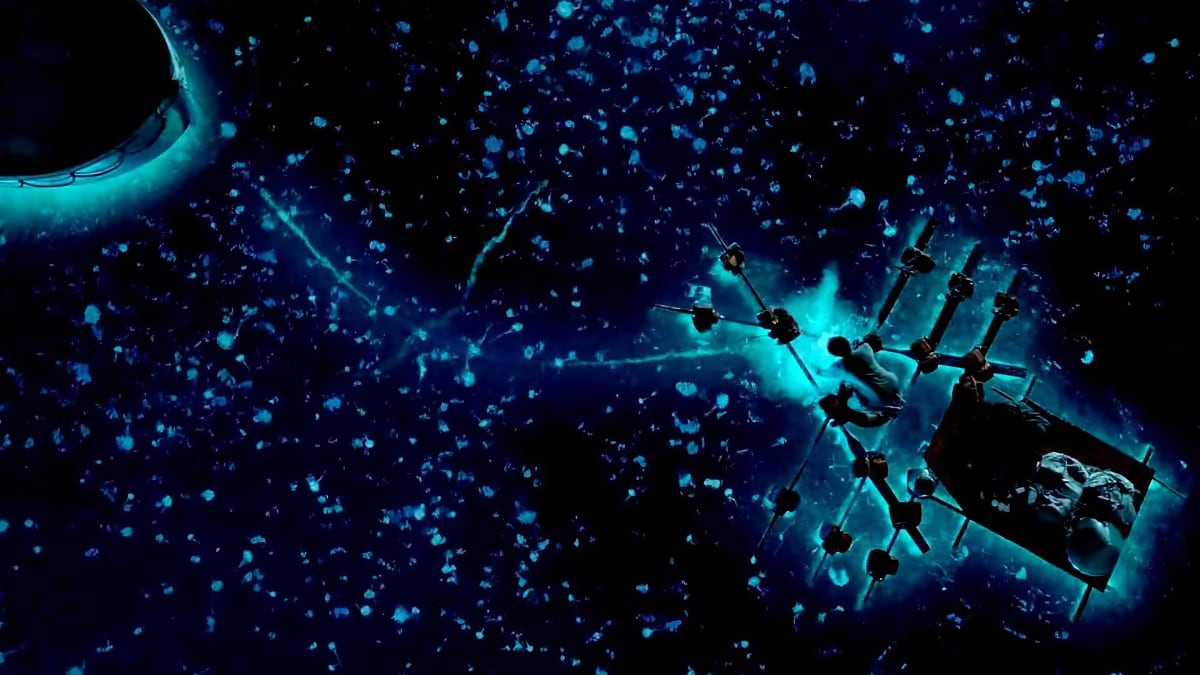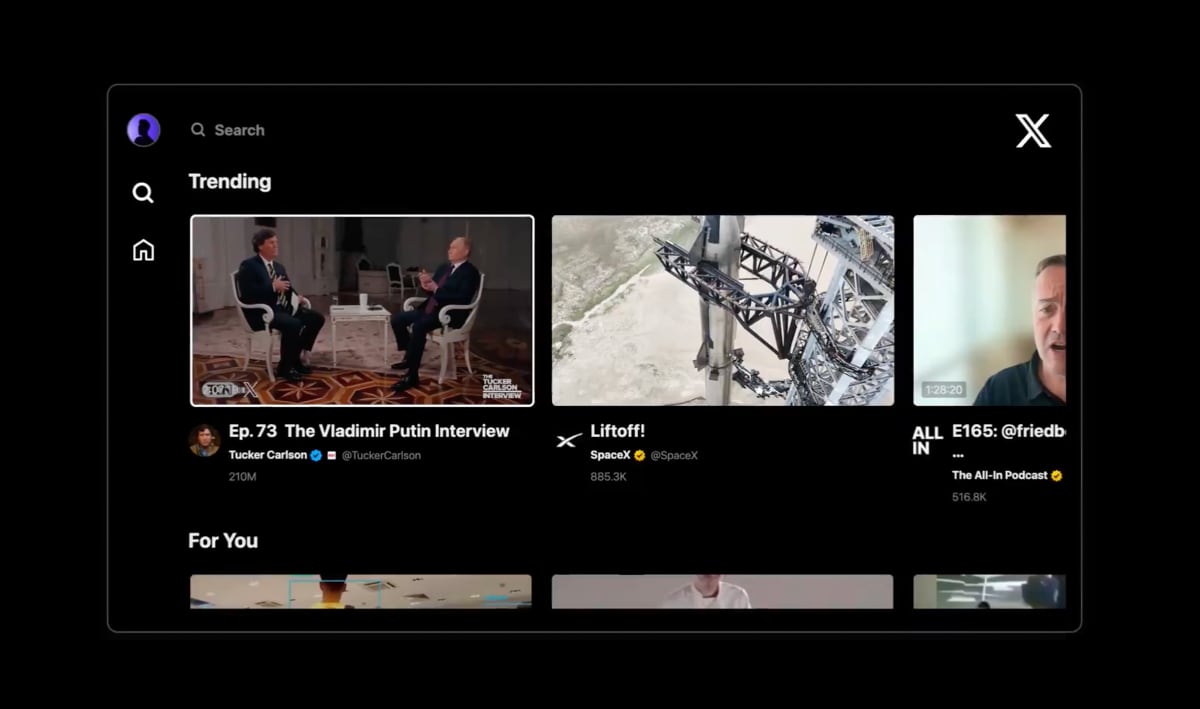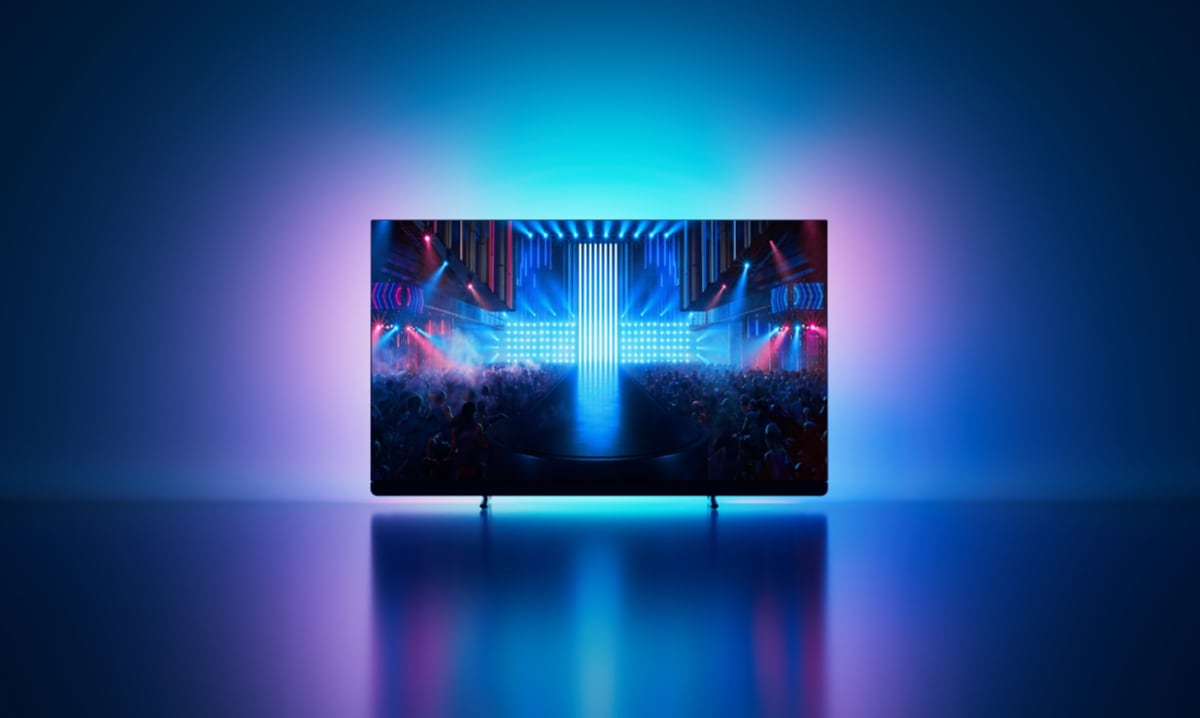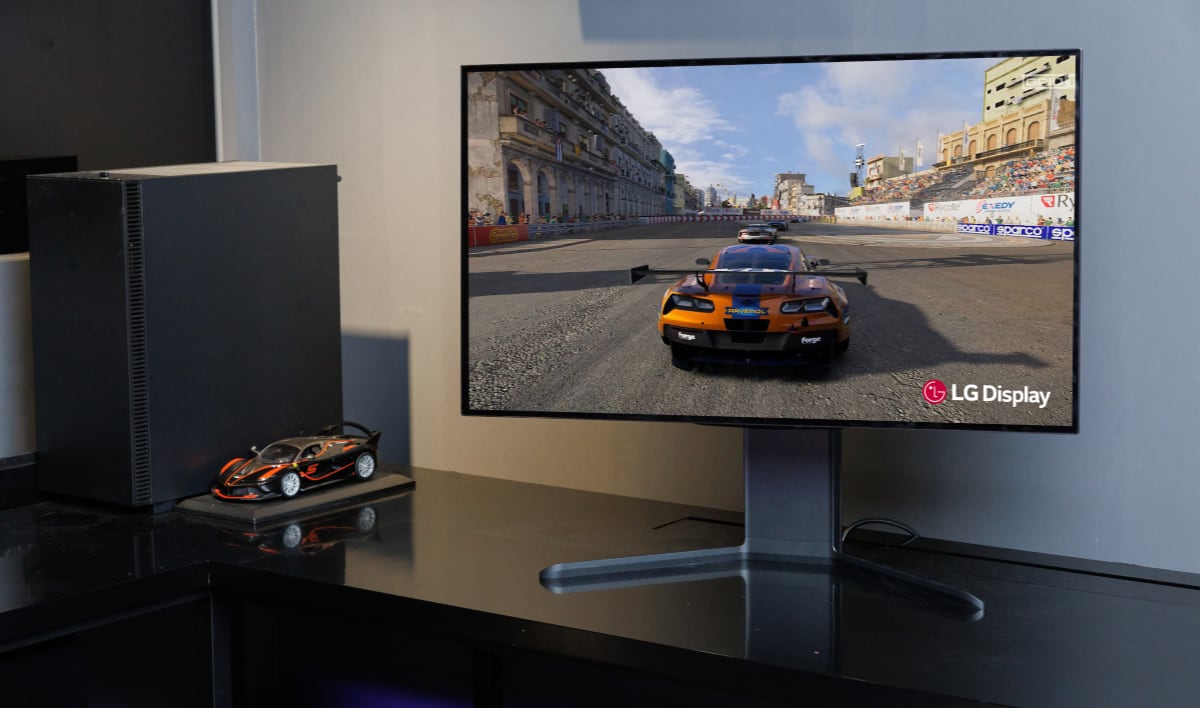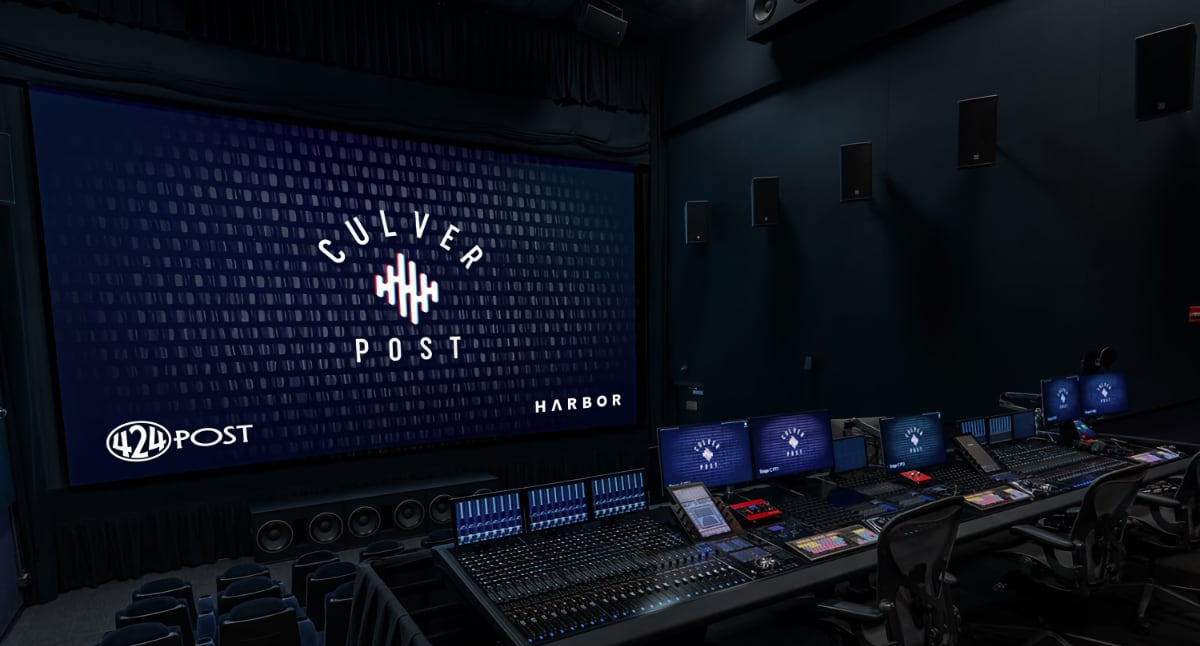Known internally as Project Caviar, Google is planning to push open and royalty-free HDR video and 3D audio alternatives to Dolby Vision and Dolby Atmos.
Google shared the plans at a closed-door meeting with hardware manufacturers earlier this year. A video of the presentation has leaked to Protocol, which has summarized Google's plans in a report.
- "We realized that there are premium media experiences where there aren’t any great royalty-free solutions," group product manager Roshan Baliga said during the presentation.
Google is referring to Dolby's two premium video and audio formats; Dolby Vision (HDR) and Dolby Atmos (object-based 3D audio). Dolby charges makers of TVs and streaming devices $1-3 for Dolby Vision per device sold, while the licensing fee for Dolby Atmos remains unknown.
Google's Project Caviar
Google hopes to challenge Dolby by using YouTube and Android as leverage. YouTube does not support Dolby Vision and Atmos, and Vision has not gained traction in the Android ecosystem.
The report states that Google will "make use of existing codecs" and "that’s why Google is now looking to establish a new umbrella band for both HDR10+ and 3D immersive audio" without charging hardware manufacturers licensing fees.
Samsung's plan to position HDR10+ as a royalty-free alternative to Dolby Vision has so far been largely unsuccessful, despite Samsung – the world's largest TV maker – resisting Dolby Vision in its own TV sets. Samsung implemented support for Dolby Atmos for the first time in TVs with its 2022 models.
Also read: Amazon Prime Video is warming up to Dolby Vision after HDR10+ bet
The report highlights the Alliance for Open Media's (AOMedia) ongoing work to develop a new 3D audio format called Immersive Audio Container (link) using open codecs. Google is a member of AOMedia together with Amazon, Netflix, Samsung and others, and has already played a key role in the development of the AV1 video codec.
Also read: Google, Meta & Netflix's AV1 alliance under EU antitrust investigation
In addition, Google wants Android mobile devices to be capable of capturing video in the royalty-free premium formats.
The report did not reveal when Google is planning to launch its new initiative.
- Source: Protocol

